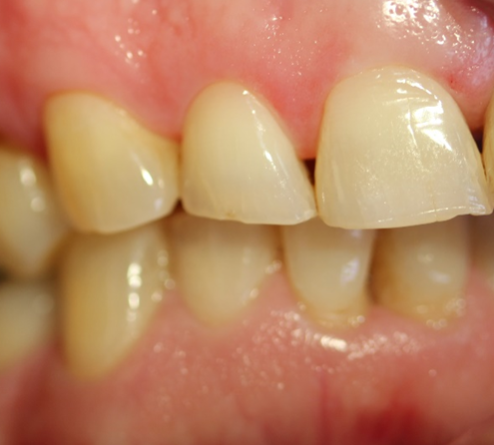RESOURCES
People With CF


Attending your dental practice
Your mouth may harbor some bacteria which may lead to lung infections and also some treatments for CF such as inhaled therapies and oral nutritional supplements may increase your risk of dental diseases. For these reasons, it’s a good idea to visit your dentist and dental hygienist regularly.
If its your first time attending a dental practice, it may be sensible to phone ahead and make them aware that you have cystic fibrosis. This may prompt the practice to schedule your appointment at a time when the waiting room is less likely to be busy – such as first thing in the morning or straight after a lunch break. These are usually the times as well that disinfectant solution has been flushed through all the water lines in the dental chair, reducing the risk of any bacterial contamination.
When you see your dentist, they may or may not be very familiar with Cystic Fibrosis so don’t be shy to tell them about it and ask them to specifically check for things like acid erosion or enamel defects, which we know are more common among people with cystic fibrosis. Its really important for your dentist to know if you are on medication for osteoporosis as this has implications for any surgical procedures such as dental extractions or dental implants. Brining a list of your medications with you to your dental appointment makes it easier for your dentist to update your medical record.
Its also important to let your dentist know if you may require an organ transplant. You need to be certified as “dentally fit” for this type of surgery and this means that you are free from any dental infections that may cause problems when you are immunosuppressed. The more time your dentist has to make you “dentally fit” the better as this can allow them to provide less invasive treatment for things like gum disease rather than needing to extract teeth due to a tight timeline.
Articles
Transplants and Oral Health
Solid organ transplant provides a lifeline for people with end stage organ failure. Each year the number of people in receipt of a solid organ transplant is increasing along with transplant success rates. Preventing post-transplant infection is critical for the…
Reflux and dental erosion
Reflux, gastroesophageal reflux disease (GERD) or simply heartburn is really common among people with cystic fibrosis. Up to 90% of PwCF will experience GERD at some stage. Acid reflux from your stomach can soften the enamel on your teeth, making…
Inhaled steroids and candida
Frequent use of inhalers and nebulisers can lead to a fungal infection in the mouth known as “thrush” (oral candidiasis). You may see white or red patches on the roof of your mouth, tongue, and cheeks, or these may be…
Gum Health
Studies have shown that People with CF may not be cleaning their teeth, or interdentally (e.g., with floss), as frequently as recommended. This may be because of tiredness due to their condition or other reasons. Studies have also shown that…
Financial entitlements to dental treatment in Ireland
Unfortunately, dental entitlements are not particularly comprehensive in Ireland but you can avail of some treatments without paying out of pocket. The Dental Treatment Benefit Scheme is run by the Department of Social Protection and provides a limited financial…
Enamel Defects and Your Oral Health
What are enamel defects? Enamel defects are disturbances in the quality and /or quantity of enamel. Enamel is one of the four components that make up a tooth. It covers the visible part of the tooth called the crown. There…
Policy for Patients with Cystic Fibrosis (or similar vulnerable illness)
Reception Staff: When making an appointment, ensure the patient is given the first appointment of the day/clinical session. This is to ensure they are exposed to minimal amounts of aerosol. Please ensure that no other individual with cystic fibrosis are…
Diet and Oral Health
Tooth decay also known as dental caries is a breakdown of tooth structure leading to the formation of cavities or holes in the tooth. The process of dental caries occurs when certain bacteria in the mouth breakdown sugary foods or…
Bisphosphonates and Oral Health
Bisphosphonates are a family of medicines that are used to treat disorders of the bones such as osteoporosis. Bisphosphonates are used to reduce the risk of fractures. They are often prescribed alongside long-term steroid or immunosuppressant therapy. They can be…
Resources
Sorry, no file were found.

